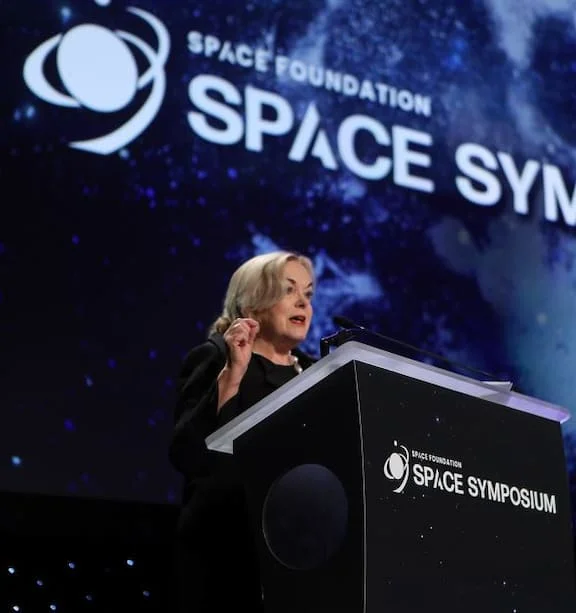
Space Race 2.0: Geopolitics and the New Frontier
The quest to conquer the unknown has always driven humanity, from early voyages across oceans to our current ambition: space. What was once the domain of superpowers is now a dynamic arena where nations and private companies vie for dominance. This new space race isn't just about technological prowess; it's a complex interplay of geopolitical strategy, commercial interests, and national security.
Last month witnessed a pivotal moment as Amazon's Atlas V rocket launched from Cape Canaveral, carrying the first 27 satellites for Project Kuiper. This ambitious $20 billion venture aims to bridge the digital divide, providing internet access to the three billion people currently unconnected. While inspirational, Kuiper is playing catch-up to Elon Musk's SpaceX, whose Starlink already boasts over 7,000 satellites and plans for 30,000 more.
This rivalry between Bezos and Musk is more than a battle of egos or balance sheets. With Starlink generating $6.5 billion in annual recurring revenue from over five million customers, the financial stakes are undeniably high. However, the real significance lies in the geopolitical implications. Satellites are big business, but space exploration has also become the new frontier of geopolitics.
The rapid expansion of space-faring nations underscores this point. The number of countries with satellites in orbit has surged from 14 to 91 since the turn of the century. When Starlink launched in 2019 there were 2,000 active satellites. Now this number has risen to 12,000. China's Qianfan mega-constellation, with plans for 14,000 satellites by 2030, adds another layer of complexity.
China's ascent in space has been astonishing. From its first astronaut in 2003 to the Tianwen-1 Mars rover mission and the recent return of samples from the far side of the Moon, China has rapidly established itself as a key player. The US, China, and Russia recognize the strategic value of space assets in monitoring troop deployments and potentially targeting adversaries. A US colonel even characterized China's satellite network as a 'kill web'.
For now, the US still maintains a lead in space technology. But success requires more than just innovation. The nation that demonstrates the greatest resilience, self-belief, and a clear sense of purpose will ultimately prevail.

New Zealand is positioning itself as a neutral ground, leveraging its space industry (most notably Rocket Lab) to attract foreign investment and benefit from the evolving geopolitical landscape. With intentions to double its aerospace sector by 2030, the country offers opportunities amidst the trade war between the US and China. Neutral countries like New Zealand may benefit from geopolitical tensions. The rising geopolitical tensions have also resulted in new space firms aligning with national defense priorities. Rocket Lab became one of five launch companies invited to compete for missions under the US National Security Space Launch program. This country is now aiming to double defense spending to 2% of GDP. The US military has held talks with New Zealand about launching more satellites from this country.
The confluence of commercial ambition and national security concerns is reshaping the space economy. How will this evolving landscape impact international relations, technological development, and the future of humanity in space? Share your thoughts in the comments below.